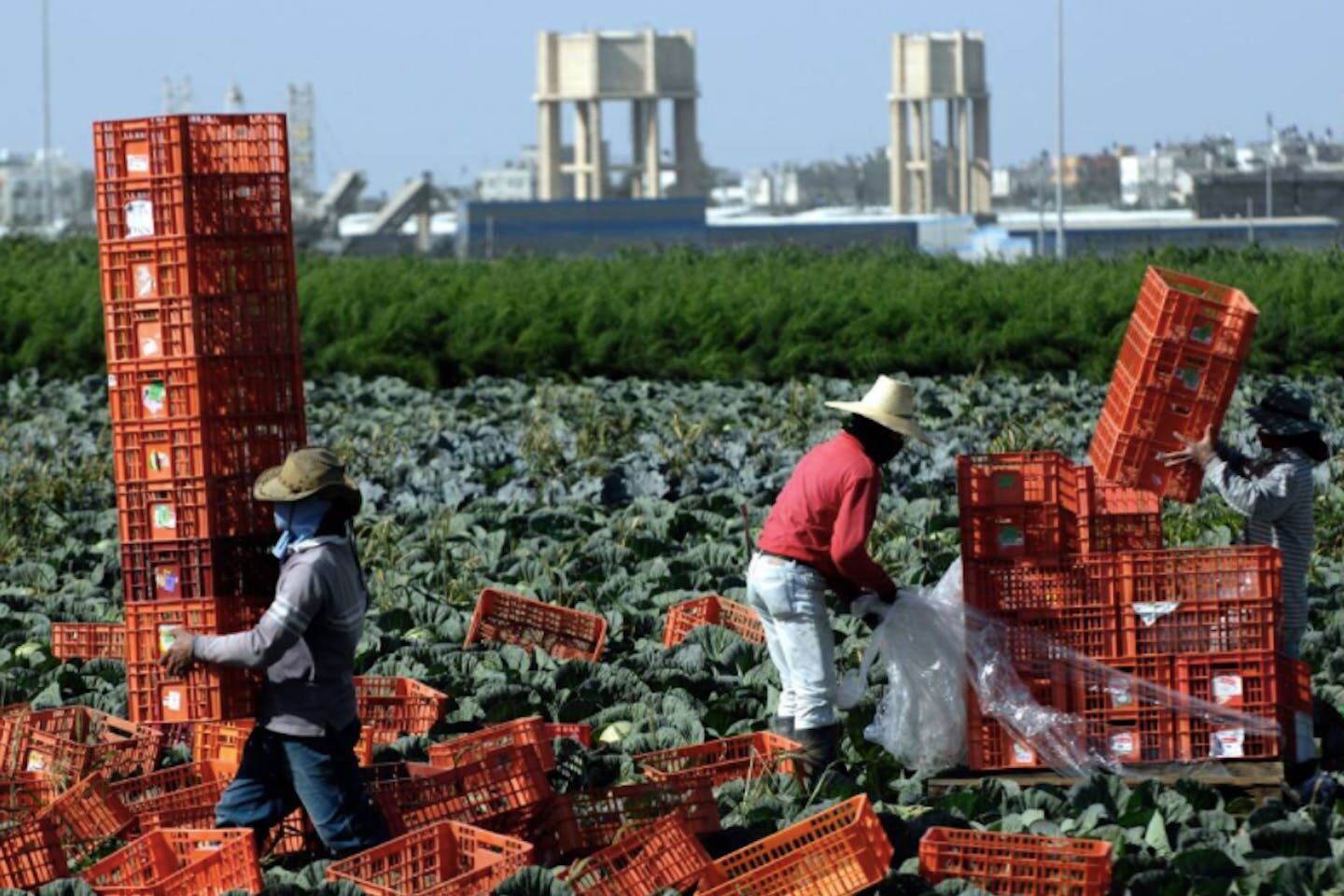Over 5 million senior Thais still working without formal education

The National Statistical Office (NSO) reveals that over 5 million senior Thais, with the majority lacking formal education, continue to work to sustain their livelihoods. This demographic represents approximately 19.5% of the nation’s 66 million population, or 13.64 million individuals aged 60 and above, according to the NSO’s annual survey conducted in July and August of the previous year.
Suwannee Wangkan, the NSO deputy director, disclosed that the number of seniors needing to work — approximately 37.5% of the over-60s population — showed a rise from 4.74 million in 2022 to the current 5.11 million. Men accounted for 48.1% of this workforce, while women comprised 29.4%.
The elderly population predominantly resides in the northeastern, northern, and southern regions of Thailand. In Bangkok alone, nearly a quarter of the senior population is employed.
Additionally, the NSO observed an uptick in the number of elderly individuals living and working in solitude. Of the 5.11 million seniors who are employed, a staggering 68.1% either never attended school or only completed elementary school. A further 15.6% didn’t finish primary school, 11.3% never completed secondary school, and 5% did not graduate from university.
The labour distribution among the senior population shows that 59.3% are employed in the agriculture and fishing industries, 30.5% in the service sector, and the remaining 10.2% in manufacturing. The average monthly income for a senior worker stands at 12,151 baht, with those in agriculture earning an average of 5,796 baht.
The NSO also uncovered a significant proportion of elderly workers in informal jobs lacking access to social security benefits. A worrying 86.8% face job instability. The NSO has recommended state agencies, including the labour ministry, devise strategies to support the growing senior workforce, ensuring better welfare such as fair pay and employment opportunities.
In the NSO’s 2023 Household Economic and Social Situation Survey, nationwide households were found to earn an average monthly income of 29,030 baht. Of this income, 70.5% is derived from daily wages, salaries, business profits, and farm produce, while 14.5% is sourced from non-monetary avenues.
The average monthly expenditure per household is 23,695 baht, with the top three expenditure categories being food and water (35.3%), housing and rent payments (21.9%), and travel-related costs including vehicle payments (16%).
Households carry an average total debt of 197,255 baht, with 77.7% tied to housing expenses such as home or land purchase or rental, consumption payments, and education debt. The remaining 22.3% of the debt is related to investments and other reasons, reported Bangkok Post
Latest Thailand News
Follow The Thaiger on Google News:


























